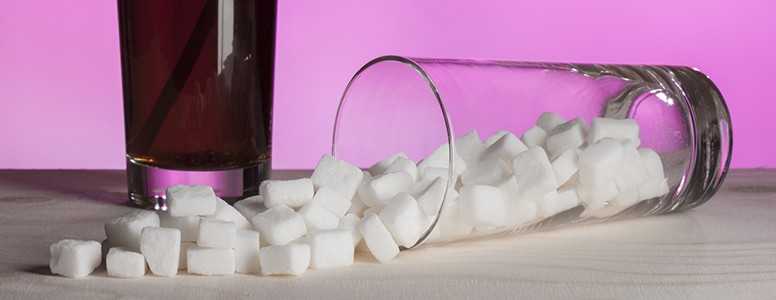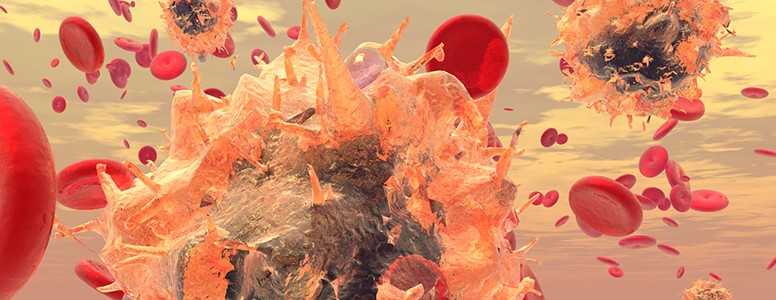184,000 adults are killed each year through sugary soft drinks, according to figures from a new international study.
Researchers from American universities at Harvard, Washington and Tufts and Imperial College London, UK, also concluded that 133,000 deaths from diabetes were caused by fizzy drinks. 45,000 deaths from cardiovascular disease and 6,450 deaths from cancer were also reported.
They based their estimates from 62 dietary surveys, involving 611,000 people, between 1980 and 2010. 51 countries were included, as was data on the national availability of sugar in 187 countries.
Using this data, researchers were able to estimate how many deaths were attributable to the consumption of sugar-sweetened beverages (SSBs). SSBs included any sugar-sweetened fizzy drinks, energy drinks, fruit drinks and sweetened ice teas, but not pure fruit juice.
Their figures revealed that 24,000 total deaths were caused in Mexico from sugary drinks, while this number was over 25,000 in the United States. The UK had 1,316 deaths a year.
“Many countries in the world have a significant number of deaths occurring from a single dietary factor, sugar-sweetened beverages,” said Dr Dariush Mozaffaria, Dean of the Friedman School of Nutrition Science and Policy at Tufts University in Boston.
“It should be a global priority to substantially reduce or eliminate sugar-sweetened beverages from the diet. There are no health benefits from sugar-sweetened beverages, and the potential impact of reducing consumption is saving tens of thousands of deaths each year.”
The researchers also reported that as young adults have an increased risk of chronic illnesses, consuming high levels of sugary drinks could be “compounded by the effects of ageing, leading to even higher death and disability rates from heart disease and diabetes than we are seeing now.”
The findings from this study were published in the American Heart Association’s Circulation journal.
What's new on the forum? ⭐️
Get our free newsletters
Stay up to date with the latest news, research and breakthroughs.








